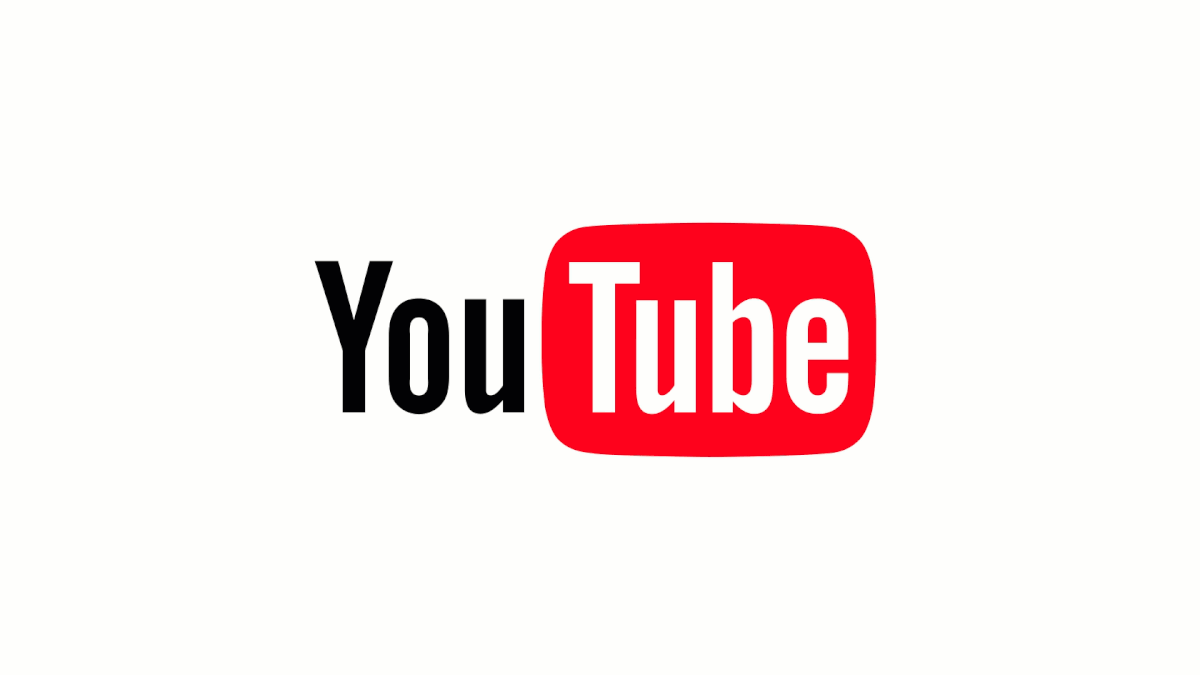Copyright January 2018 Property of Chris Castellarin
HOME PAGE
Early Grade Lessons

Brought to you from the creator of the
Core Competency Visual Guide and Storybook Online Resource for Student Self-Assessment

Watch Mr. C.'s YouTube Channel
with over 1700 + educational videos
with more than 2800 subscribers and over 1 million views. And catch Mr. C. on Roger's Channel 4 Spotlight Community TV hosting his show Lessons from the Classroom.
with Mr. C.
This website works best on iPads, and other tablets, laptops and desk top computers NOT smartphones.
Theme Units List
Curriculum
Theme units can be divided into essentially two groups. Those that are taught every year as part of the Sciences, Social Studies, Career Education and Language Arts curriculum and those that are supplemental and at the discretion of the teacher. I have organized the theme units below by month, although I do move the units to different parts of the year, but generally the list below is accurate to the time period that they are taught in. It should be noted that most early primary teaching focuses on being thematic which means that stories, videos, worksheets and art activities can focus on that theme. Theme units can vary in length from as short as one day to as long as two or three weeks.

Summer Memories - While still with last year's class we spend the time looking back on what we did during the summer with some simple writing and drawing as well as a few worksheets.
We review classroom and school "rules and expectations" and prepare to switch to new classrooms/teachers.
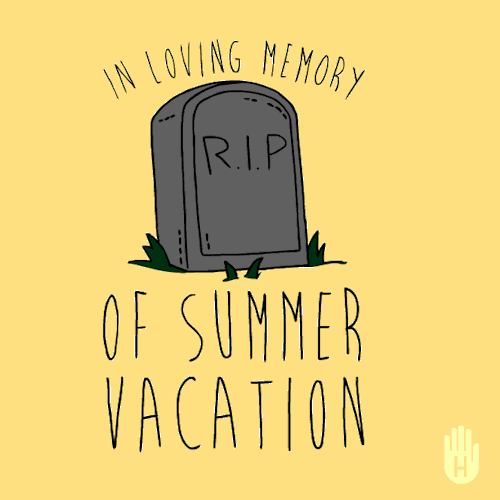
Rules/Expectations/Responsibilities/Manners - We begin to look into the rules and expectations in school and in thhe classroom. Videos, storybooks and worksheets are used to help teach these concepts. Manners also play a role in day to day expectations and a number of storybooks will also focus on this topic.
Terry Fox - This one day theme unit looks at the accomplishment and message that Terry Fox gave to the world and the fact that he is our own local Canadian hero. Lessons are taught with storybooks, videos, an assembly, art work and a Terry Fox Run event.
All About Me and Family - Through the use of storybooks, videos and worksheets we delve into how everyone has differences and how families can be different from one another.
Fall - We learn about the season of Autumn or Fall. What animals do at this time of year, changing leaves, colder wetter windier weather, clothing that we wear at this time of season and celebrations such as Thanksgiving and Halloween. A number of storybooks, videos, posters, hands-on materials and worksheets are used to teach the concepts.


Apples - We learn about the life cycle of an apple from seed to tree to flower to pollination to fruit. The seasons of an apple tree are taught and students learn about the numerous apple products created. A taste test of 6 apple varieties is drawn and graphed.

Thanksgiving - We learn about the history of Thanksgiving both in the United States but more importantly in Canada. We talk about the customs associated with Canada's multicultural society and the Thanksgiving tradition. Concepts are taught through the use of storybooks, hands-on items, videos, and worksheets.
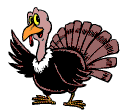
Pumpkins - We learn about the life cycle of a pumpkins from seed to sprout to vine to flower to pollination to small green pumpkin to orange pumpkin. We learn about pumpkin products. Lessons are taught using pictures, worksheets, art activities, videos and storybooks plus a hands on activity with a real pumpkin to illustrate and label the outside and inside of a pumopkin.

Magnets - With hands-on experiments we learn about the forces of magnetism (pulls and pushes), the properties of magnets and various materials that answer the question of "what is and what is not magnetic".

Halloween - We learn about the ancient Celtic start of Halloween, todays traditions, safety, and the symbols associated with Halloween. Lessons are taught using hands-on items, videos, storybooks art activities and worksheets.

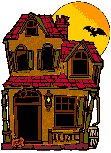
Bears - We learn about the 8 bears found around the world with a focus on Canada's three bears the Black Bear, Grizzly or Brown Bear and the Polar Bear. We also learn about the many famous bears associated with storybooks and movies such as Winnie the Pooh, Corduroy, Yogi and Boo Boo, and many more. Lessons are taught with hands-on items, posters, storybooks, art activities, videos, and worksheets.


Remembrance Day - Students learn about the importance of this somber occasion. There is an assembly held prior to Remembrance Day. Lessons are taught using storybooks, videos and art lessons.


Space (Objects in the Sky) - Lessons focus on the moon, sun and planets. Lessons are taught using books, posters, art, videos and worksheets.

Light and Sound - Students learn the science of light waves and sound waves. What produces light and sound. Lessons are taught with a number of hands-on experiments, books, videos, posters and worksheets.
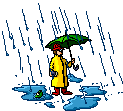
Weather - Students learn about different types of weather as well as to identify some basic clouds (i.e. stratus, cumulus, cirrus) Lessons are taught using storybooks, videos and worksheets. Seasons - Students learn about the four seasons which we also touch on throughout the year. This lesson attached to weather consists of the science behind the angle of the Earth in relation to the Sun's rays. Lessons are taught using storybooks and worksheets.
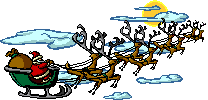
Winter Celebrations - We learn about Christmas and how it is celebrated bit differently around the world, we also include learning about Hannukah, and Kwanzaa. Lessons are taught with hands-on items, storybooks, videos and worksheets.
Winter Break

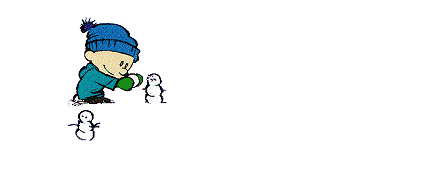
Winter - We learn about the season of Winter. Lessons taught include learning about the shortening of daylight, the change in weather and temperature and the clothing we wear during this season as well as animal hibernation. Using storybooks, videos and worksheets along with some hands-on items.
Food and Nutrition - Students learn about the main food groups of dairy, meats and
alternatives, fruits and vegetables and grains. We also learn about the importance of water
and the problems with too much sugar. A field trip to Choices Market on 16th Ave. is planned
with a nutritionist. Lessons are taught using storybooks, posters, videos, hands-on items,
field trip and worksheets.
Health - Students learn about the importance of health from physical fitness, to healthy eating, proper cleanliness and rest to stress reduction. We learn about the different types of doctors and about dental hygene and the importance of coughing and sneezing down ones shirt top or tightly into the elbow to reduce the spread of germs.
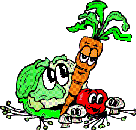
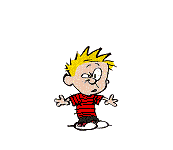

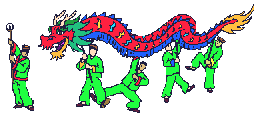
Chinese New Year - Students learn about the customs and symbols related to Chinese New Year and the celebrations that occur here in Vancouver in and around Chinatown. Students learn about their zodiac sign and the importance of the Lion Dance. Lessons are taught using hands-on items, storybooks, posters, videos and worksheets.
Safety - Students learn about water, electricity, fire, street/pedestrian, bicycle and stranger danger safety. Lessons are taught using storybooks, videos and worksheets.
Groundhog Day - February 2 this one day theme focuses on the traditional day of the groundhog predicting if Spring comes early or Winter stays longer. Lessons are taught with storybooks, video, puppet and worksheets.
Valentines - Students learn about the history of this celebration and some of the traditions associated with Valentine's Day. An opportunity to exchange Valentine's cards is given. Use the class list to ensure each child receives a Valentine card. Lessons are taught using storybooks, hands-on items, videos, and worksheets.
100th Day of School - this one day theme focuses on celebrating the 100th day of School. Lessons are taught with storybooks, song and worksheets.
Community, Services and Mapping Skills - Students learn about what makes a community. The different types of communities are discussed and how urban, suburban and rural communities differ. Students learn about the services and occupations that people may have in a community. Students also learn the basics in understanding mapping skills such as symbols, a map key or legend, and a compass rose. Maps can be of large areas such as a community or smaller areas such as the inside of a classroom. Lessons are taught using photo images, videos, storybooks and worksheets.
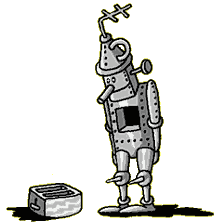


Matter - Students learn about the properties of matter - solid, liquid and gas. That matter can be changed physically or chemically. Lessons are taught using hands-on experiments, videos, posters, books and worksheets.
Spring Break
Plants - During this 3 week long unit students learn about the parts of plants, seed dispersal, trees, and flowers. Lessons are taught using storybooks, videos, hands-on items, a field trip, and worksheets.



Easter - students learn about the history of the Easter celebration along with the fun of Easter eggs and bunny rabbits. Lessons are taught using storybooks, videos, worksheets and art.
Animals - This large unit often 3 weeks in length covers animal groupings such as mammals, reptiles and amphibians, birds, insects and arachnids. Sea animals (fish) are covered in our Sea Unit. Lessons are taught using storybooks, posters, videos, hands-on models, a field trip and worksheets.


First Peoples - Although we incorporate First Nations/Peoples lessons throughout our curriculum this unit focuses exclusively on learning about the First Peoples of Canada including Inuit and Metis. We learn about historical information regarding food, homes, art and clothing. Lessons are taught using a field trip to MOA, guest speakers, art, storybooks, videos, hands on items and worksheets.

Frogs - Learning about the stages of change that occur in this creatures life. Videos, stories, worksheets, and a hands-on 2 week program of raising tadpoles in the classroom.
or
Butterflies - Learning about the stages of change that occur in this creatures life. Videos, stories, worksheets, and a hands-on 2 week program of raising caterpillars in the classroom.
Fairytales - Learning about classic fairytales as well as the modern fractured fairytales. Videos, storybooks, and worksheets.
Mother's Day - This one day theme unit focuses on the celebration of Mother's Day this Sunday May 13th. Lessons are taught with storybooks and an art activity.
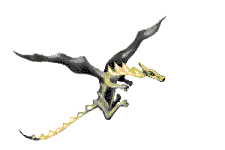

Sea - This unit covers everything about Oceans and Seas. Names of the major Oceans, sea life, sea mammals, fish, crustaceans, the composition of the ocean floor. Lessons are taught using posters, models, storybooks, videos and worksheets. Occasionally we have done a field trip to the Vancouver Aquarium.

Canada - Students learn about Canada's culture, geography and history as well as, Canadian inventions and symbols. Lessons are taught using posters, storybooks, music, videos, hands-on items and worksheets.
Father's Day - This one day theme unit focuses on the celebration of Father's Day. Lessons are taught with storybooks and an art activity.
Pirates theme - storybooks and worksheets, a dress up day and a treasure hunt with the other kindergarten students.
and Final Week of School - assemblies, year-end party, bringing home all work and belongings, and report cards.

Supplemental Units
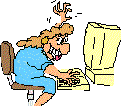
Technology - Making use of the class set of iPads students will learn some basic coding using Scratch and Scratch Jr. as well navigate various reading sites and apps, learn to create with Drawing Pad and write stories on Book Creator. Students will learn to create a class project using a Stop Motion app to create a film version of the book One by Kathryn Otoshi from the WITS collection on dealing with a school bully. Big Buddies will also assist us at times with iPads.
Earth Day - April 22 One day unit includes a video, books and is taught in conjunction with the new curriculum of Environmental Studies & Resources.
Emergency Preparedness - Students learn about putting together a home emergency preparedness kit and about how to respond appropriately during an emergency such as an earthquake. Lessons are taught using the Planet Protector Academy website.
PETS - We learn about the responsibilities of owning and caring for a pet. In addition, we learn about dog safety around the proper procedure to being confronted by an unknown dog or a dog acting aggressive.
Diwali
St. Patrick's Day
Mother's Day
Father's Day
Various Author Studies (i.e. Norman Bridwell's Clifford the Big Red Dog, Paulette Bourgeois's Franklin, or Mary Shaw's Brady, Brady Series)
During the end of the year students will bring home a large Portfolio folder which will contain the work they have completed during the school year. This will consist mainly of worksheets for Thematic Units but will also include Art work and some workbooks/exercise books for Spelling, Phonics, Writing and Math. Students will complete a self-evaluation sheet on their perception of performance in the areas of Science, Social Studies, Language Arts and Math which be in the Portfolio folders. For an example of these self-evaluation sheets.


